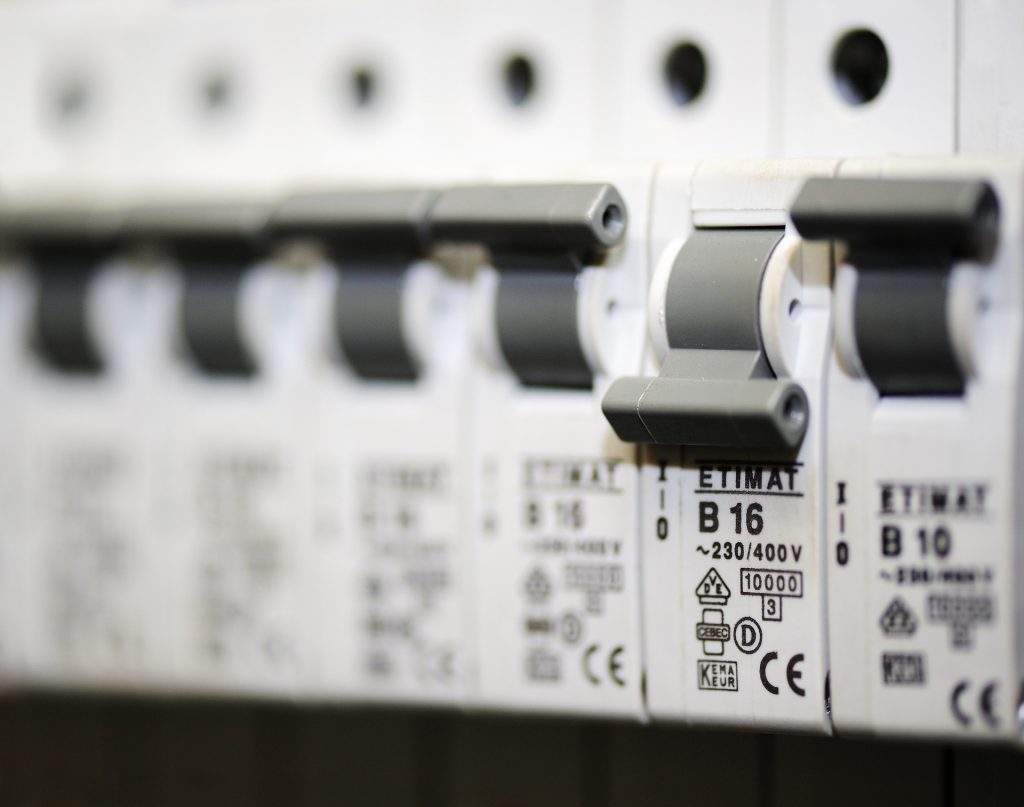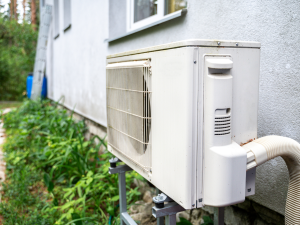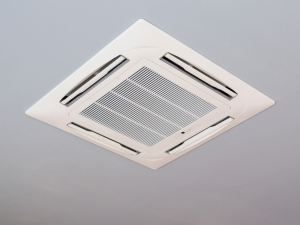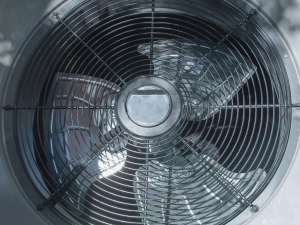When your HVAC technician lets you know that your AC keeps blowing fuses, you may not fully understand what that means. It’s important to realize that a fuse does not fail without reason. If your air conditioner keeps blowing fuses, the amperage has likely exceeded the limits of the fuse.
If you think you may have blown a fuse in your HVAC system, you can look at our website and schedule a service call. Your HVAC system will have multiple fuses throughout its operating system, and the technician could be referring to any one of these fuses. This article will cover multiple types of fuses that could have blown and what it means when each fails.
How does a fuse operate?
Let’s first discuss what a fuse is and how exactly it works. A fuse, in essence, is a safety mechanism to protect you or your equipment. It is composed of an outer shell. This may be a square plastic casing like a car fuse, a glass case such as the round screw-in types, or even a plastic or paper tube shape.
Inside will be a small piece of metal that the electrical current will flow through. If the amperage exceeds the acceptable limit, which will be the fuse rating, it will melt the piece of metal on the inside and stop the flow of electrical current, which means that your air conditioner fuse keeps blowing. If you have ever experienced a tripped breaker, this is a similar concept.
What are the different types of fuses?
There are many different variations of fuses out there, but we will focus on the top three types associated with HVAC units and why your AC fuse keeps blowing.
Blade type fuse: A blade type fuse will be a square plastic housing with two flat blades coming out of the bottom. They are generally see-through, allowing you to tell if the metal wire inside is broken or not. Blade-type fuses used within an HVAC system will be for the low voltage.
You usually will have one at your indoor unit at the starting point of the low voltage. If this fuse is no longer operational, your units will no longer be able to communicate, which means you will have no heat or air conditioning.
Cylindrical fuse: This type of fuse will look like a cylinder. It will appear as plastic or paper wrapped in the middle with metal caps covering both ends. These will commonly be found in the disconnect box next to your outdoor unit.
Sometimes they will also be found inside your indoor air handler as the fuses for your heat strips. If one or all of these fails, you will have no main voltage power beyond them. If they are in the disconnect box and fail, your air conditioner will not work.
Screw infuse: If you are of the older generation or have lived in an older home, you have probably experienced screw-in fuses. These will have a circular top made of metal or glass to see the metal wire inside. The bottom will look very similar to the base of a light bulb and will screw in the same way.
These are sometimes found in disconnect boxes for your indoor unit but were commonly used as a precursor to breakers. These would have been screwed into the main power panel and would allow the electricity to flow through them the same way a breaker does nowadays.
Why does my AC keep blowing fuses?
If your AC fuse keeps blowing, there are many different reasons that it can be. It will depend on what type of problem is causing the issue. Generally, fuses blow because of an excess of amperage, such as an electrical motor struggling to run, requiring too many amps. Or it may be from something called a direct short, which will be caused when the power source touches aground.
Faulty electrical: This is a principal reason why fuses will blow. This is an all too common problem after homeowners have chosen to change their thermostats. They will inadvertently touch the wrong wires together and blow a fuse.
Generally caused by either the primary voltage wire or low voltage wire touching aground, or two power wires touching each other. This will require a trained professional to diagnose and appropriately identify the cause of the issue. If you are looking at getting a new thermostat, you can look at this article describing programmable vs. traditional thermostats.
Overworking the unit: This can describe multiple reasons as well. The two most common faults will be that your unit is low on refrigerant, which means it has to work much harder and run much longer to try and cool your home.
It could also be from your unit lacking proper airflow. Perhaps a dirty filter or coil restricts the airflow, making the fan much harder to blow air and pull much more amperage. You may wonder, why does my AC fuse keep blowing?
Age: As your equipment ages, it can require more amperage to run, pushing your fuse over its limit. Your fuse could also be getting past its lifespan. The expected lifespan of a fuse is about 20 years. Many fuse boxes have been around much longer than that. It may just be that your fuse has aged past its limit.
Faulty equipment: If you have a piece of your HVAC system that decides to fail, its failure will likely affect the electrical components. For example, if your outdoor fan motor gets too hot and causes a short in the motor, and now the wires inside your motor are touching, it will cause your fuse to blow every time you try and turn it back on.
Capacitor: The capacitor is in charge of kickstarting your unit into running. This means that some of the electricity will flow through your capacitor. If your capacitor is beginning to malfunction or go bad, then this may cause it to overload your fuse and cause it to blow.
Final thoughts
Electricity can be a scary and dangerous thing. An untrained individual should not attempt some things, or else they could risk injury. If your AC keeps blowing fuses and you decide to replace them yourself, we implore you to ensure that the power is turned off and that you are as safe as possible.
When dealing with electricity, we recommend that you always have a trained professional handle the problem, keeping you safe and guaranteeing a job well done.




